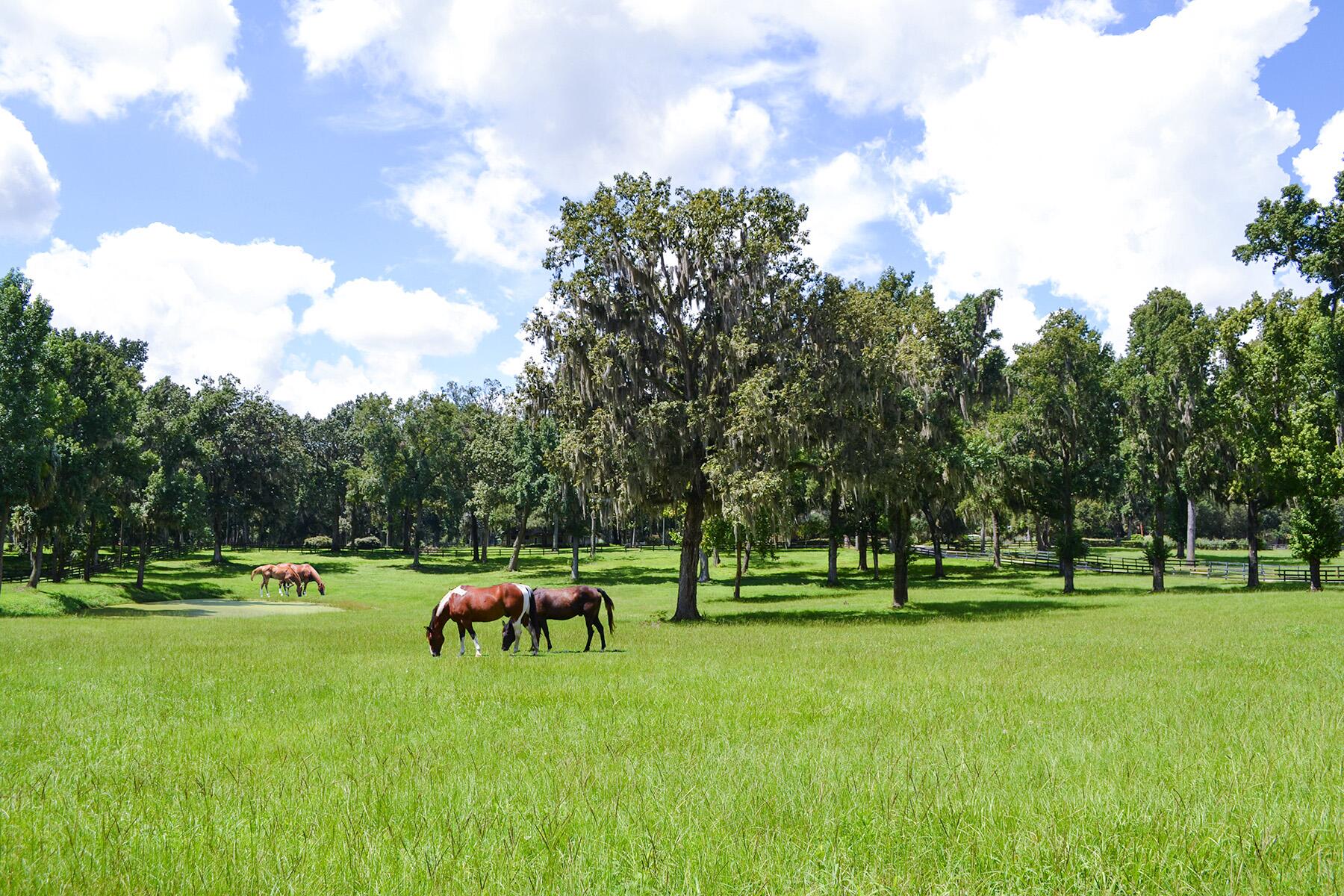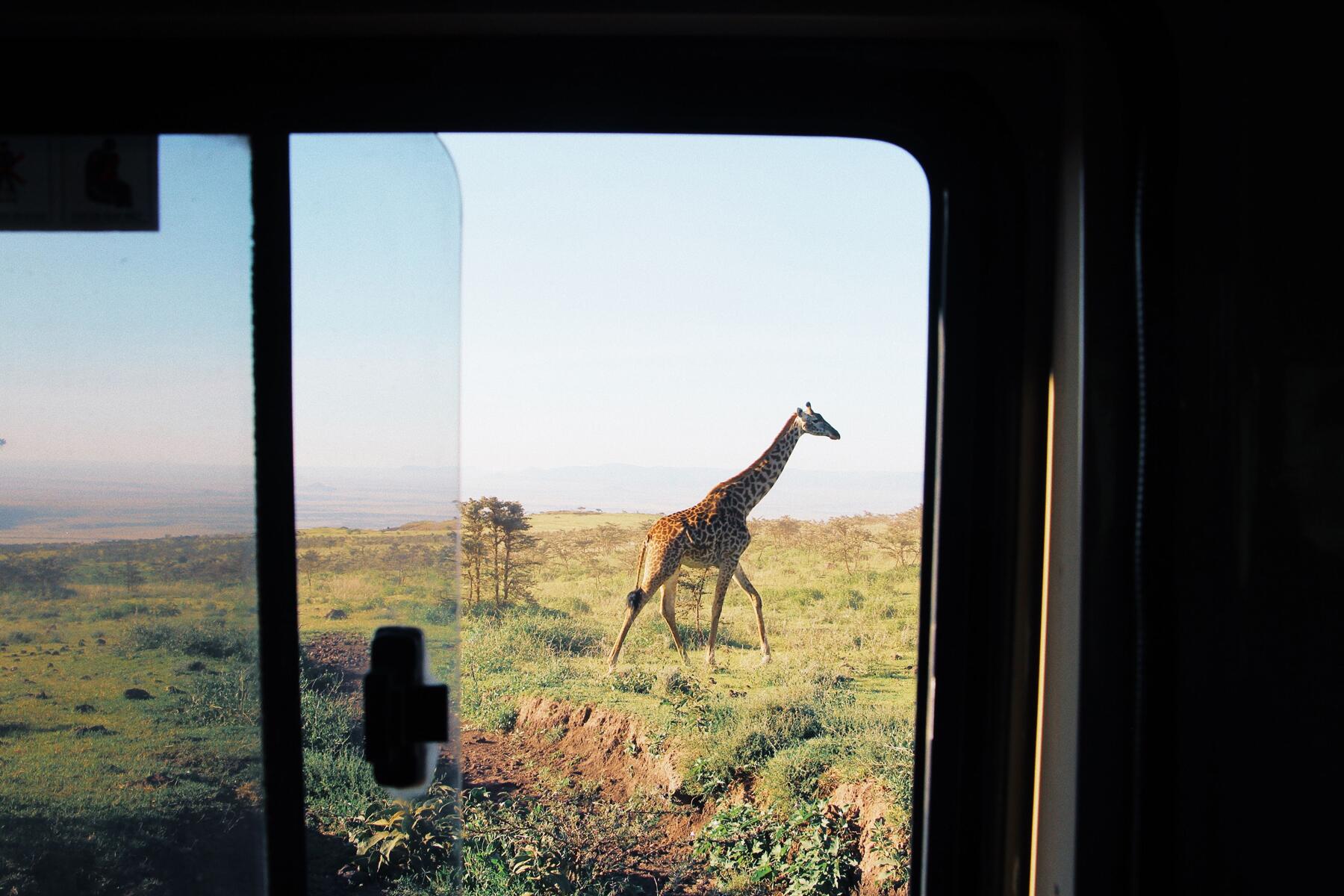Let's talk about the state of the planet (wildlife included) in The Time of COVID.
Per the BBC, “three quarters of greenhouse gas emissions come from transport.” Approximately one-fifth of all U.S. emissions come from our automobiles. In addition to that, planes and trains—obviously also forms of transport—account for about 30% of our country’s emissions output.
As you’ve likely gathered by now, there has been a decline in transportation since last March when COVID-19 made its way into our lives on a mass scale. Because more and more people are being limited to working from home, it makes sense that these emissions would abate. And they have.
Wildlife finally returning to Thames. Nature is healing🌷 pic.twitter.com/d6uBxSaIAx
— ruby 🐊 (@roobeekeane) March 29, 2020
But have they fallen enough to make a difference—a difference that benefits the environments in which wildlife live and thrive? While that meme that’s been circulating in some form for the better part of a year now may have you believing “yes!,” don’t be fooled, says National Geographic. Below you’ll find a few talking points concerning wildlife “healing,” including whether or not that’s actually true.
Remember When Swans (and Other Wildlife) Took To the Venice Canals?
Did They Really?: Well…
Turns out, they didn’t.
View this post on Instagram
Courtesy of a little detective work, one Twitter user points out that the footage was captured a few hundred miles away (not Venice). Though, the claims of the water being clearer because of less traffic in the Floating City do appear to be true. Unfortunately, just because the water is clearer, doesn’t mean it’s *cleaner.* Texas A&M University Assistant Professor Kristen Thyng told Slate, “Pollution can impact how water appears, but perfectly clear water can contain toxic substances.” Sediment has essentially just floated to the bottom since it’s not being stirred up by traffic. With that said, air quality in Italy has improved.
Remember When Mountain Goats Took to the Streets?
Did They Really?!: Sure!
Arguably a phenomenon, this moment in time personally swept me off my feet. If you’re not familiar with said moment: last March, a herd of goats descended upon the small Welsh town of Llandudno. The town’s empty street presumably allowed the clique to wander in and explore a little. Is this an example of wildlife returning? Yes, although it’s viral nature arguably makes it a bigger deal than it seems. The same goes for those wild boars who “descended from the mountains to the very center of Barcelona, after several days of people being locked at home.”
Coronavirus in Catalonia — Boars descend from the mountains to the very center of Barcelona, after several days of people being locked at homepic.twitter.com/6IRFzl2cKz
— Alfons López Tena (@alfonslopeztena) March 19, 2020
Are Lockdowns…Helping Climate Change?
Well, are they?: Not really.
At the rate that we need them to? According to The Guardian, in short: no. Lockdowns since March will only have led to a “global heating cut of 0.01 degrees Celsius by 2030.” This halt from normality is all too short.
Wait, so Streaming and Being on the Internet Is Also Bad for the Environment?
Verdict: Well, it’s not necessarily good.
Unfortunately, binging your most recent obsession on the streaming platform of your choice also has side effects. While modest, streaming produces energy (makes sense) that emits 36gCO2 per one hour of watch-time. The good news is that this is much less than what a lot of media outlets reported back in March when a clickbait headline blew up, wrongly claiming that watching 30 minutes of Netflix is the equivalent of driving four miles.
INSIDER TIPInsider Tip: If you’re looking to pry your eyes away from the bevy of screens in your life, consider taking up one of these hobbies. It’s a new year, after all!
How Can We Move Forward?
It’s a difficult question, and the solutions can be much easier said than done. Though, there is one upside: we have momentum going, and we’ve reached a turning point with the 2020 election. President-Elect Joe Biden has plans to re-join the Paris Climate Agreement on the first day of his presidency. He also plans to, by 2050, make U.S. electricity production carbon-free and spend more than $2 trillion over the course of his presidency to reduce emissions by, per the BBC, “upgrading four million buildings to make them more energy-efficient.” Additionally, doing your small part each day makes a difference (especially to the wildlife!): recycle (especially when it comes to metal and paper), don’t use more water to wash your face than you have to, turn off that lamp in your room when you’re not actually in your room, and shop locally as much as you can, whether it be fruits and vegetables, or vintage clothing.



